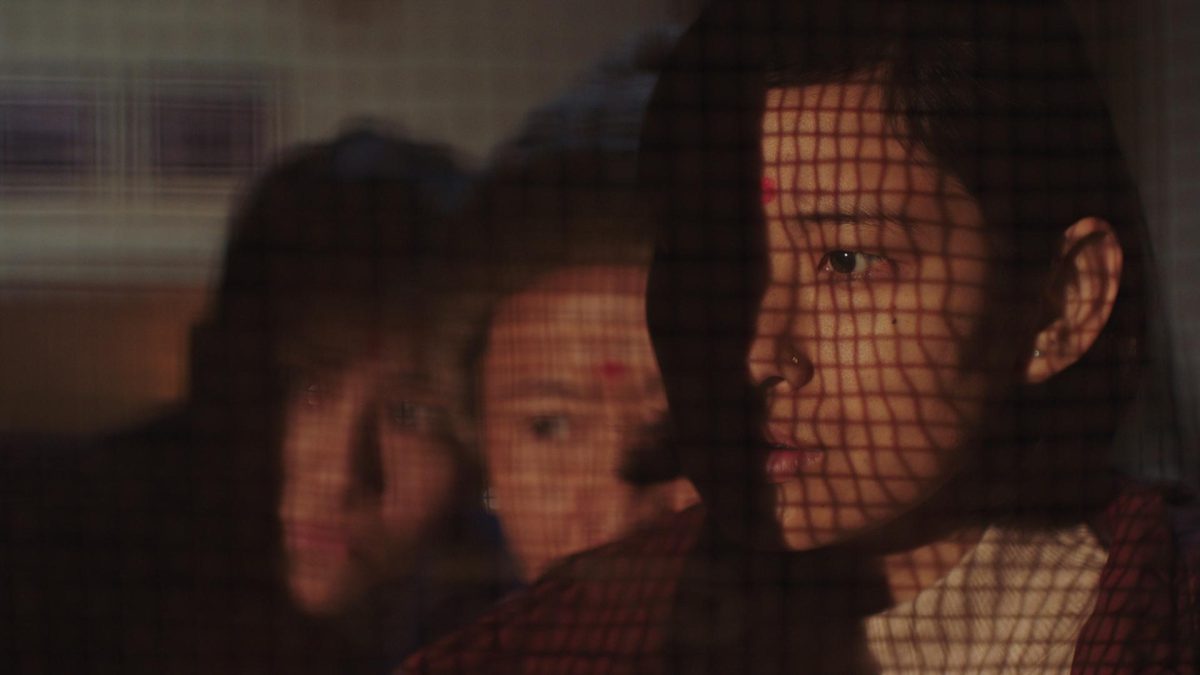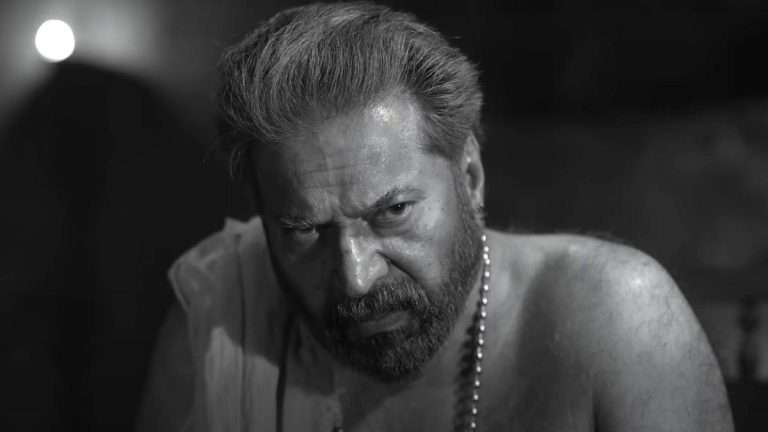Tribeny Rai’s new film, “Shape of Momo” (2025), centres around a woman who returns to her hometown to find some peace. She decides to stay there for a while, while not revealing the actual reason behind her return. What unfolds is not simply an account of her experiences and how the world back home ends up being far different than her expectations or memories of it. It also reflects how the differences she encounters during her stay affect women in general. Rai and Kislay’s script offers a deeply personal look into their main character’s journey of self-realisation, guided by her everyday observations in the small town. Yet, her insights extend beyond the scope of her world.
Rai strikes a balance between highlighting the personal and the universal in her story. Yet, instead of serving every single detail of her critique on a platter, she leaves plenty of room for viewers to ponder its themes. She ensures that we resonate with the protagonist’s confusion and quest for autonomy by placing her in a story tied to our core instincts. Hence, despite its heavier themes about the intersectionality of class, gender, and privilege, there’s a lighter touch to how she presents the lead character’s quest.
The protagonist, Bishnu (Gaumaya Gurung), isn’t moving home simply because she wants to escape the dreadful routine or the burdens of her city life. She also seeks comfort in her ancestral home, believing she will find it there. The film reveals the emotional warmth Bishnu seeks from her home and the bittersweet emotion it leaves her with. Upon her return home, she realizes that the town is not quite like what she hoped it would be. It’s not that her family doesn’t treat her well or go out of their way to be unkind, but they live by conventional societal standards that she is either not attuned to or has grown out of through her years away from them.
On the surface, Bishnu’s life may seem satisfactory. She has a home she can return to and a family she can rely on. Yet, it offers her safety and security only with certain conditions. With no male family member left behind, she stays with three women from her family who find happiness and seem uninhibited in ways they may not have felt comfortable in the past.
Moreover, they seem afraid to share what they truly feel and live by a code rooted in patriarchal notions. Bishnu’s mother (Pashupati Rai) seems afraid of inconveniencing anyone around her, no matter how much their actions inconvenience her, and is kind and charitable to a fault. Bishnu’s pregnant sister (Shyama Shree Sherpa) fears her in-laws seeing her as a financial or emotional burden, even if it means killing her dreams for their happiness and accepting her husband’s life as her own.

Despite a premise that could have easily turned into a preachy drama, “Shape of Momo” becomes contemplative rather than didactic. While doing so, it doesn’t blunt its critique of patriarchal norms and how they get perpetuated across generations. It highlights them through details or situations that may otherwise go unnoticed, in ways “The Great Indian Kitchen” does. The film’s title itself refers to the perfection expected from women about trivial details (like the shape of a momo), without ever questioning their necessity. It reflects the reality that women are held to higher standards, while men can often be comfortable with doing the bare minimum, whether in professional or personal relationships.
The script underscores gender disparity, refracting it through Bishnu’s personal struggle to find love while asserting agency over her life. It develops her journey almost like a late-coming-of-age film, where she reflects on her place in the world. The film also reveals her anguish as she interacts with working-class people, who depend on her ancestral land for survival, but can barely make ends meet. Rai doesn’t offer easy answers to her conflicts, thus letting moments of her quiet reflection simmer — instead of turning them into mere reactionary motifs. It’s through Bishnu’s emotional state that the film reveals the relative nature of power and control.
The script carefully unravels the motives driving each character—not to vindicate one side, but to make us feel the weight of their guilt, shame, and buried fears. Rai gently handles Bishnu’s delicate emotional state, letting her frustrations seem layered rather than just borne out of heartbreak. Her emotional outbursts are also born out of her feeling utterly hopeless, as she sees herself falling for the trap that she had actively been standing up against. The film seethes with her justified anger over voluntary submission to gender norms, as any avenue of comfort leads her to accept submission simply as a part of her life.



![Bingo Hell [2021] Review: An Unnecessary and Shambolic Horror film About Gentrification and Consumerism](https://79468c92.delivery.rocketcdn.me/wp-content/uploads/2021/10/Bingo-Hell-3-768x432.jpg)




